La guerre qui n’aurait pas dû avoir lieu a déjà des conséquences mondiales : loin des illusions entretenues par les premiers échecs russes, elle menace de se solder par une crise profonde de l’Union européenne.
Alors que commence la troisième année de la guerre d’Ukraine, il est clair, depuis déjà un certain temps, qu’elle contribue à accélérer la transformation du système international dans son ensemble. Le trait émergeant de la nouvelle configuration est la tendance des pays occidentaux (États-Unis et membres de l’Union européenne) et, dans une moindre mesure, de certains États d’Asie-Pacifique à se définir comme les modèles pour les peuples supposés aspirer à la démocratie, et les garants des États constitués qui se considèrent comme y étant parvenus. C’est dans cet esprit que l’agression russe du 24 février 2022 a provoqué la renaissance de l’Alliance atlantique qu’en 2019 Emmanuel Macron déclarait en état de « mort cérébrale », et l’ouverture précipitée de la perspective d’un nouvel élargissement massif de l’Union européenne. Le choc suscité a également balayé les scrupules qui poussaient la Finlande ou la Suède à préserver leur statut de neutralité. Seules l’Autriche, l’Irlande et Malte y restent désormais attachées.
Croisade pour la démocratie
Du point de vue géopolitique, le concept d’Occident est inséparable de la pax americana qui en est le fondement depuis le début de la guerre froide, et cette pax americana étend ses effets bien au-delà du couple euroaméricain. Le président Joe Biden présente les États-Unis comme le chef de file du camp démocratique. Mais en réalité, aux États-Unis, même les démocrates ont toujours su trouver un équilibre entre « la puissance et les principes », pour reprendre le titre des Mémoires de Zbigniew Brzezinski, le célèbre conseiller à la sécurité nationale du président Carter. Ainsi le retrait de l’Afghanistan décidé par Joe Biden à l’été 2021 n’a-t-il pas été moins immoral que celui du Vietnam sous Gérald Ford et Henry Kissinger en 1975. De même, la lassitude qui commence à se manifester aux États-Unis pour un soutien illimité des objectifs affichés par le président Zelensky est-il un fait politique prévisible qu’on ne saurait qualifier ni de moral ni d’immoral. Même si les lobbies favorables au nationalisme ukrainien sont implantés aux États-Unis (et au Canada) depuis fort longtemps, la guerre d’Ukraine n’est pas un sujet majeur pour l’opinion publique américaine.
La situation est plus tranchée en Europe pour deux raisons évidentes : la proximité géographique et le fait que l’Union européenne est extrêmement loin de constituer une unité politique. On comprend qu’à cause de leur histoire, les États baltes ou même la Pologne, pourtant protégés par l’Alliance atlantique, ont ressenti l’agression russe du 24 février comme une menacecontre eux-mêmes. On peut s’expliquer même les craintes de la Roumanie, parce que la Moldavie voisine occupe un angle mort du point de vue de la sécurité de la région. La mobilisation de ces pays a beaucoup contribué à la propagation d’un sentiment de peur dans l’ensemble de l’Union, sans compter la remontée d’une impression de culpabilité dans un pays comme l’Allemagne, du fait des exactions des armées nazies pendant la Seconde Guerre mondiale en Ukraine.
Mais, pour comprendre la réaction globale de l’Union européenne qui est restée jusqu’ici d’une grande cohérence face à la guerre, il faut aussi prendre conscience de ce qu’en raison de son impuissance (au sens fondamental de ce terme), elle n’avait pas de marge de manœuvre. Cette réaction peut se caricaturer comme suit : Poutine est un dictateur, qui a sapé les chances de la démocratie en Russie ; son but est de reconstituer l’Empire russe voire de conquérir l’Europe ; en conséquence, il faut tout faire (en livrant des armes par exemple) pour qu’il perde cette guerre, et d’abord que l’Ukraine recouvre sa pleine souveraineté sur ses frontières de 1991.
La posture des Européens, plus encore que celle des Américains, se présente donc comme une croisade pour la démocratie à l’ombre de la protection américaine, en jouant en pratique des quatre seuls instruments à leur disposition : empilement des « paquets » de sanctions contre la Russie ; livraison d’armes quitte à épuiser leurs propres stocks ; plus généralement aide financière à l’Ukraine ; enfin promesses d’élargissement de l’Union.
La leçon de Soljenitsyne
Avant d’aller plus loin, il faut s’interroger sur le regard que, dans l’ensemble, les Occidentaux portent sur la Russie. Ce regard relève de la philosophie de la fin de l’Histoire popularisée en 1992 par Francis Fukuyama, avec l’arrière-pensée de la victoire inéluctable de la démocratie sur toutes les autres formes de régime politique. Pareille affirmation, dont les termes sont d’ailleurs imprécis, restera longtemps infalsifiable au sens de Karl Popper (c’est-à-dire qu’aucun test expérimental ne peut la réfuter). La démocratie est un concept et plus encore une réalité complexe. Déjà, en 1989, au moment des manifestations de la place Tiananmen, que n’a-t-on vu ou entendu d’intellectuels (parmi lesquels nombre d’anciens « maoïstes » !), d’hommes politiques ou de militants occidentaux persuadés qu’une démocratie à l’occidentale allait bientôt pouvoir s’instaurer en Chine. Toute l’idéologie de la mondialisation heureuse, jusqu’à au moins la crise financière des subprimes en 2007-2008, a reposé sur l’hypothèse implicite selon laquelle « les autres » deviendraient bientôt « comme nous ».
Dans cette perspective, l’individu Vladimir Poutine est donc désigné comme le grand responsable des nouveaux malheurs des Russes. On tentera ici une interprétation un peu plus subtile, en s’appuyant sur le géant que fut Alexandre Soljenitsyne, et en cherchant à comprendre pourquoi celui-ci a été adulé puis rejeté par les Occidentaux. Cette référence fait écho à la commémoration du cinquantième anniversaire de la publication du livre qui a tant fait pour affaiblir l’image de l’URSS dans les années 1970, L’Archipel du goulag. Il faut préciser que, pour approfondir sa vision de la Russie et sa compréhension de l’histoire de l’Union soviétique, on doit se tourner vers les 6000 pages de La Roue rouge. Sa grande œuvre à ses propres yeux.
Dans ce qui suit, je m’appuie en particulier sur un long article de Gary Saul Morson, éminent spécialiste américain de la littérature russe, paru dans la New York Review of Books du 12 mai 2022. Morson a sur la plupart des commentateurs l’avantage d’avoir lu et médité la totalité des écrits de l’écrivain. Son article est intitulé « What Solzhenitsyn Understood ». Mais comme on va parler de révolution, on mentionnera d’abord le plus grand expert en la matière, qui avait beaucoup médité, en homme d’action, sur la Révolution française. Pour Lénine, en substance, les deux conditions préalables à toute révolution se résument ainsi : « Le haut ne peut plus, le bas ne veut plus. »
Autrement dit, la classe dirigeante n’est plus capable de maintenir sa domination inchangée, tandis que les classes inférieures ne veulent plus vivre à l’ancienne. Derrière celles-ci se cachent des groupes organisés prêts à tirer parti de la situation. En conséquence de quoi, « le haut » ne peut survivre qu’en réformant quand il en est encore temps ; c’est-à-dire – et ici, on pense à Tocqueville – sur la base d’une analyse pertinente de la situation, et dans une position de force. Soljenitsyne, qui ne se faisait pas une haute idée de Nicolas II, estimait toutefois que son ministre Piotr Stolypine avait entrepris les bonnes réformes, qui auraient permis d’éviter la révolution s’il n’avait été assassiné en 1911. Pour l’auteur de La Roue rouge, la mise en œuvre des réformes de Stolypine aurait, certes très progressivement, engagé le pays dans la voie des libertés individuelles et de l’État de droit. Soljenitsyne abhorrait la violence et fondait ses espoirs sur le changement graduel grâce à la réforme.
Près de sept décennies après la révolution d’Octobre, Gorbatchev puis Eltsine n’ont réuni aucune des conditions qui auraient permis de réformer l’Union soviétique. Des réformes qui auraient certainement eu un volet territorial. Pour Soljenitsyne, la Russie devait se séparer des républiques non slaves et essayer de préserver l’union avec les républiques slaves : Ukraine et Biélorussie. Il n’était pas le seul à pressentir les malheurs d’une sécession ratée avec l’Ukraine. Son nationalisme, cependant, n’était pas un impérialisme. Il était fondé sur la conviction de la nécessité d’une restauration spirituelle comme préalable à toute véritable renaissance de la Russie. Pour lui, tant le versant national que le versant personnel de l’« âme russe » ressentent au-dessus d’eux « ce qui relève du Ciel ».
Gary Saul Morson insiste sur l’importance du langage de la spiritualité dans la culture russe. Ce langage n’est pas spécifiquement orthodoxe. Il nous dit que les Occidentaux qui le confondent avec une aspiration théocratique passent à côté de l’essentiel. C’est tout le sens en effet du fameux discours de Harvard de Soljenitsyne (1978), qui renvoie dos à dos les Américains (ou les Occidentaux) et ses compatriotes russes. Selon Morson, le grand homme trouvait dans les milieux intellectuels occidentaux marqués par leur matérialisme la même étroitesse d’esprit que chez les intellectuels libéraux russes d’avant la révolution. Plus profondément, il ne suffit pas de chanter les louanges de la « démocratie libérale » (les principes de 1789) pour être du bon côté, celles de la « démocratie illibérale » (le jacobinisme) pour être du mauvais. Finalement, entre son expulsion de l’URSS en 1974 et son retour en Russie vingt ans après, l’auteur de L’Archipel du goulag, selon ses propres termes, s’est trouvé coincé entre deux « meules ». Il fut donc un grand incompris, comme souvent, il est vrai, les personnalités originales, qui ne se satisfont pas des discours simplistes sur le bien et le mal en politique internationale.
Ce qui a radicalement manqué aux relations entre les pays occidentaux et la Russie après la chute de l’URSS, c’est la volonté partagée de rechercher de bonne foi une forme d’adaptation du système de sécurité collective dans le sens le plus profond du terme, pour permettre une vraie « détente, entente et coopération » entre les anciens adversaires. La faute n’est pas du seul côté de la Russie et plus précisément de Vladimir Poutine. Elle est aussi du côté des Occidentaux, prisonniers d’une conception étroite de leurs intérêts et de leur idéologie politique.
Le calcul de Vladimir Poutine
Après le retour de la « verticale du pouvoir » avec Poutine, le Kremlin s’est de plus en plus fortement cabré face aux Occidentaux, accusés de vouloir installer l’Otan à la porte de la Russie et perçus comme prétendant imposer partout leur manière de voir le monde, en réalité leur volonté de domination économique et une interprétation sélective du droit international. En décidant de lancer son « opération militaire spéciale » le 24 février 2022, Vladimir Poutine a brisé le tabou – récent à l’échelle de l’Histoire – de l’inviolabilité des frontières. Il s’est trompé dans les calculs qui lui faisaient espérer une victoire éclair sur l’Ukraine, mais, deux ans après, la balance semble désormais se redresser en sa faveur. C’est l’occasion de rappeler un mot célèbre de Bismarck : « La Russie n’est jamais aussi forte ni aussi faible qu’on le croit. » Dans l’histoire militaire de la Russie, les exemples de débuts difficiles suivis de retournements de situation ne sont pas rares.
Un tabou a été brisé. C’est un fait. Après l’épisode de Stolypine et celui de Gorbatchev-Eltsine, la Russie a certes encore manqué une chance de se réformer en profondeur. Mais la suite a creusé le fossé, et la responsabilité de cet échec-là est partagée. Et la dimension spirituelle transcende en Russie les épreuves de la vie ordinaire. Le pays continue d’exister et de peser sur les affaires du monde. En son temps, Barack Obama a manqué une occasion de se taire en le reléguant au rang de puissance régionale.
Si maintenant la question est, comme beaucoup le pensent ou l’espèrent depuis le début de la guerre d’Ukraine, de savoir si le régime de Vladimir Poutine est sur le point de s’effondrer, il faut pour se risquer à une réponse revenir à la remarque de Lénine sur les révolutions : aujourd’hui, en Russie, le haut peut toujours, et le bas n’en est pas au point de ne plus vouloir. La drôle de tentative de Prigojine, en juin 2023, a échoué. Un coup d’État pacifiste est peu probable.
La Russie est-elle sur le point de perdre la guerre ? Après l’échec de la contre-offensive ukrainienne de 2023 et la mise en place d’une économie de guerre, du fait aussi des capacités d’adaptation de l’économie russe et de l’échec des sanctions occidentales, la réponse paraît plutôt négative. La Russie s’installe dans la perspective d’une guerre prolongée que le pouvoir croit tenable, et joue sur une usure plus rapide des Ukrainiens et la lassitude de leurs alliés. Le Kremlin ne manque pas non plus de moyens pour s’en prendre aux intérêts de ses adversaires, comme ceux de la France en Afrique ou ailleurs.
Si l’on regarde où en sont les choses aujourd’hui, avec un club d’États autoritaires (comme la Chine, la Corée du Nord ou l’Iran) plus resserré, et un « Sud global » de plus en plus « multi-aligné » – où l’on trouve même la Turquie, membre de l’Otan – on sent bien qu’un nombre important d’États seraient disposés à accueillir favorablement l’idée d’un compromis entre la Russie et l’Ukraine.
Le prix à payer
Peut-être la guerre d’Ukraine durera-t-elle longtemps. Peut-être un jour le temps sera-t-il suspendu comme le 27 juillet 1953 avec l’armistice de Panmunjeom, qui mit fin à la guerre de Corée. Beaucoup dépendra de l’évolution du soutien des États-Unis à l’Ukraine, après l’élection de novembre 2024. Quoi qu’il advienne, en plus du renforcement de l’Alliance atlantique sous leur direction (plus ou moins ferme, c’est une autre question), les Américains paraissent déjà comme les grands bénéficiaires économiques de la crise, en raison d’abord de l’accroissement massif de leur avantage comparatif dans le domaine de l’énergie, après que les Européens ont cessé d’importer ouvertement leur pétrole et leur gaz de Russie. Le coût de l’énergie est aujourd’hui trois fois moins élevé aux États-Unis qu’en Europe. Et, malgré les efforts des Européens pour se réindustrialiser, les Américains jouent largement la course en tête dans ce domaine aussi, grâce à l’Inflation Reduction Act (IRA) et à une culture économique et financière largement supérieure. Mais, surtout, les 27 membres actuels de l’Union européenne forment un ensemble culturellement et économiquement disparate, qui n’a toujours pas digéré le grand élargissement consécutif à la chute de l’URSS.
La référence à la démocratie ne suffit pas à asseoir une identité. L’hétérogénéité politique de cet ensemble rend peu probable, de la part des États membres, les nouveaux abandons de souveraineté qui seraient nécessaires, par exemple, pour doter l’Union d’une politique budgétaire commune compatible à long terme avec les missions de la Banque centrale européenne, et plus encore d’une véritable politique étrangère, inséparable d’une politique de défense réellement commune. Que représente dès lors dans ce dernier domaine la parole respective de la présidente de la Commission, du président du Conseil européen et du haut représentant pour les Affaires étrangères et la politique de sécurité, d’une part ; des chefs d’État et de gouvernement des États membres, d’autre part, quand ils s’éloignent des généralités convenues sur la démocratie et les droits humains ? Dès qu’on entre dans le détail des intérêts nationaux des pays membres, façonnés en grande partie par l’Histoire, on comprend la difficulté de toute notion de politique étrangère réellement commune vis-à-vis aussi bien de la Russie et de la Chine que de la Turquie, de l’Algérie ou des États du Golfe, par exemple.
Il y a plus. On se souvient de la distinction qu’établissait au XIXe siècle le politologue et économiste britannique Walter Bagehot et de sa thèse, adoptée par Churchill, selon laquelle la légitimité de toute constitution, écrite ou pas, repose sur deux piliers : la dignité (aspect symbolique et sacré) et l’efficacité (aspect du travail gouvernemental). Dans le système anglais, la monarchie incarne la dignité, et le gouvernement l’efficacité. La légitimité ne peut pas survivre indéfiniment aux ruptures de fatigue susceptibles de se produire sur l’un ou l’autre de ses piliers. On en revient aux causes des révolutions. Le problème de l’Union européenne depuis qu’elle a renoncé à la règle de bon sens selon laquelle tout nouvel élargissement devait être précédé de l’approfondissement du précédent, c’est-à-dire depuis la chute de l’Union soviétique, tient à ce que, par rapport aux ambitions affichées (sur Schengen, par exemple), la gouvernance s’est progressivement affaiblie tant du point de vue de la dignité (une dimension qu’en fait l’Union européenne n’a jamais incarnée) que de l’efficacité.
Or, face à la guerre d’Ukraine, les chefs d’État et de gouvernement ont suivi la solution de facilité en ouvrant grand la perspective d’une nouvelle vague d’élargissement, incluant l’Ukraine – dont la Pologne elle-même redoute désormais ouvertement la concurrence (sur l’agriculture, par exemple) –, sans avoir la moindre idée de la manière de s’y prendre autrement qu’en faisant confiance au destin. Politiquement, il sera impossible de faire complètement marche arrière (il y a des limites, même à l’hypocrisie) et la perspective ouverte par le Conseil européen de décembre 2023, qui a décidé d’entamer des négociations d’adhésion à l’Union européenne avec l’Ukraine et la Moldavie, d’accorder le statut de pays candidat à la Géorgie et d’accélérer le processus d’adhésion des Balkans occidentaux, mobilisera pour longtemps les forces vives de toutes les instances communautaires au détriment des autres priorités. Il en coûtera extrêmement cher aux actuels pays membres, dont les budgets sont et seront de plus en plus sous pression. Ajoutons qu’avec le nouvel élargissement qui s’annonce, la question de la supériorité du droit européen sur le droit national deviendra de plus en plus sensible.
Parmi les conséquences déjà clairement identifiables de la guerre d’Ukraine, on peut donc annoncer une révolution profonde à l’intérieur de l’Union européenne. La vision des pères fondateurs est morte. Et d’ailleurs, pourquoi l’Europe échapperait-elle à la tendance à l’accroissement du nationalisme que l’on observe partout ailleurs ? Si, depuis le Brexit, d’autres États membres n’ont pas fait sécession, c’est d’abord en raison d’un calcul coûts-avantages à court-moyen terme. C’est aussi à cause de la contre-performance des Britanniques.
Le retour du tragique
Tout peut donc se produire à l’horizon de dix ou vingt ans. En fin de compte, ce que l’Histoire pourrait retenir avant tout de la guerre d’Ukraine, c’est qu’en osant briser un tabou, Poutine a réactivé le principe de Clausewitz selon lequel « la guerre est la continuation de la politique par d’autres moyens ». À force d’avoir été violé, pas seulement par les Russes (par exemple, en 1999, avec les bombardements de l’Otan en Serbie, et surtout, en 2003, le renversement de Saddam Hussein – de surcroît sur la base d’un mensonge), le droit international a plus de risques qu’avant le 24 février de se trouver davantage encore bafoué dans les prochaines années, et ce d’autant plus que l’équilibre des pouvoirs au sein de la charte de l’ONU est de plus en plus contesté.
Reste un tabou encore inviolé : le recours en premier à l’arme nucléaire. Sans doute Poutine a-t-il été tenté de le faire quand les choses semblaient mal tourner pour la Russie, mais son principal soutien, la Chine (par ailleurs l’un des gagnants globaux à court-moyen terme de cette guerre), l’en a dissuadé. Mais on peut craindre qu’un jour plus ou moins proche ce tabou-là lui aussi sera brisé, et pas forcément par les Russes.
Les grandes puissances du XXIe siècle, à commencer par les États-Unis et la Chine, sont conscientes de ces réalités, sur fond d’accélération de la révolution technologique. Les membres de l’Union européenne, assoupis depuis 1945 et la décolonisation, ont perdu le sens du tragique. Dans leur recherche d’un nouveau paradigme pour l’Union, sans renoncer à l’idéal démocratique, ils devront refaire l’apprentissage du réalisme dans la politique internationale. Quelles épreuves devront-ils traverser avant d’y parvenir ?
Read the article on the website of Le Figaro
https://www.lefigaro.fr/international/deux-ans-apres-les-mauvais-comptes-de-la-guerre-d-ukraine-20240203

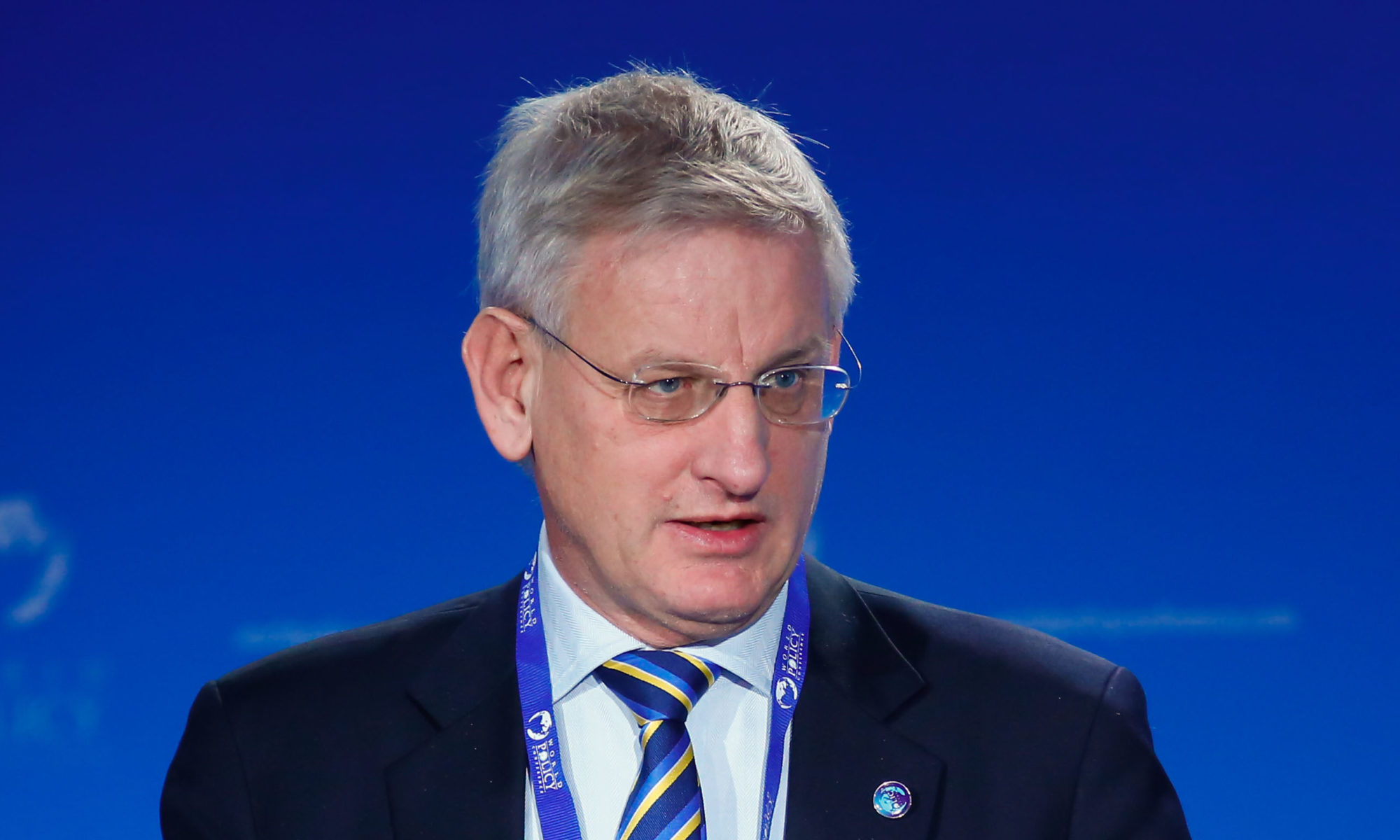

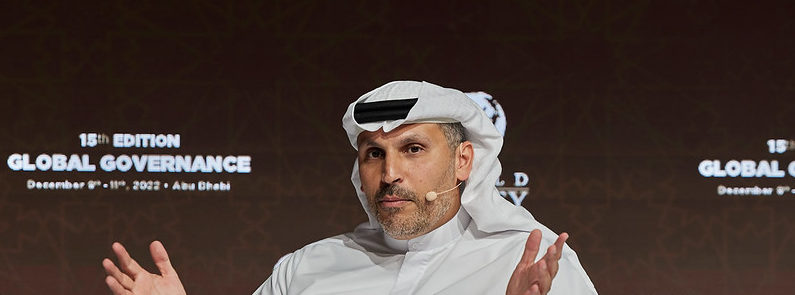

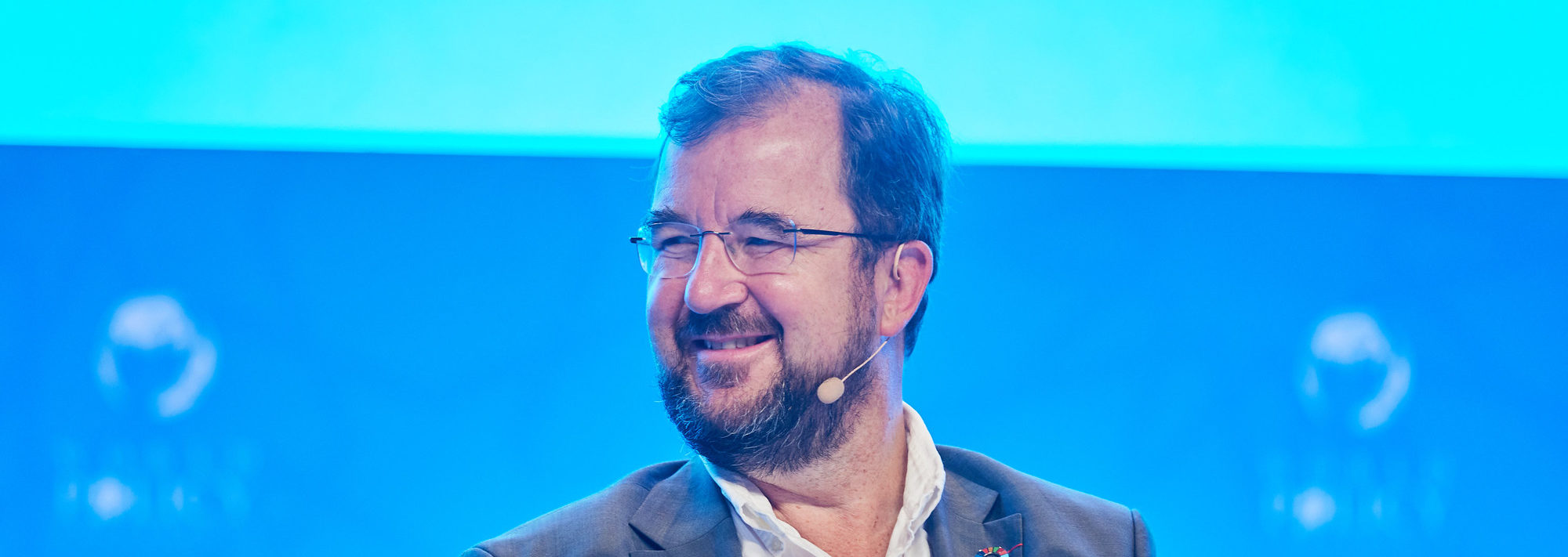
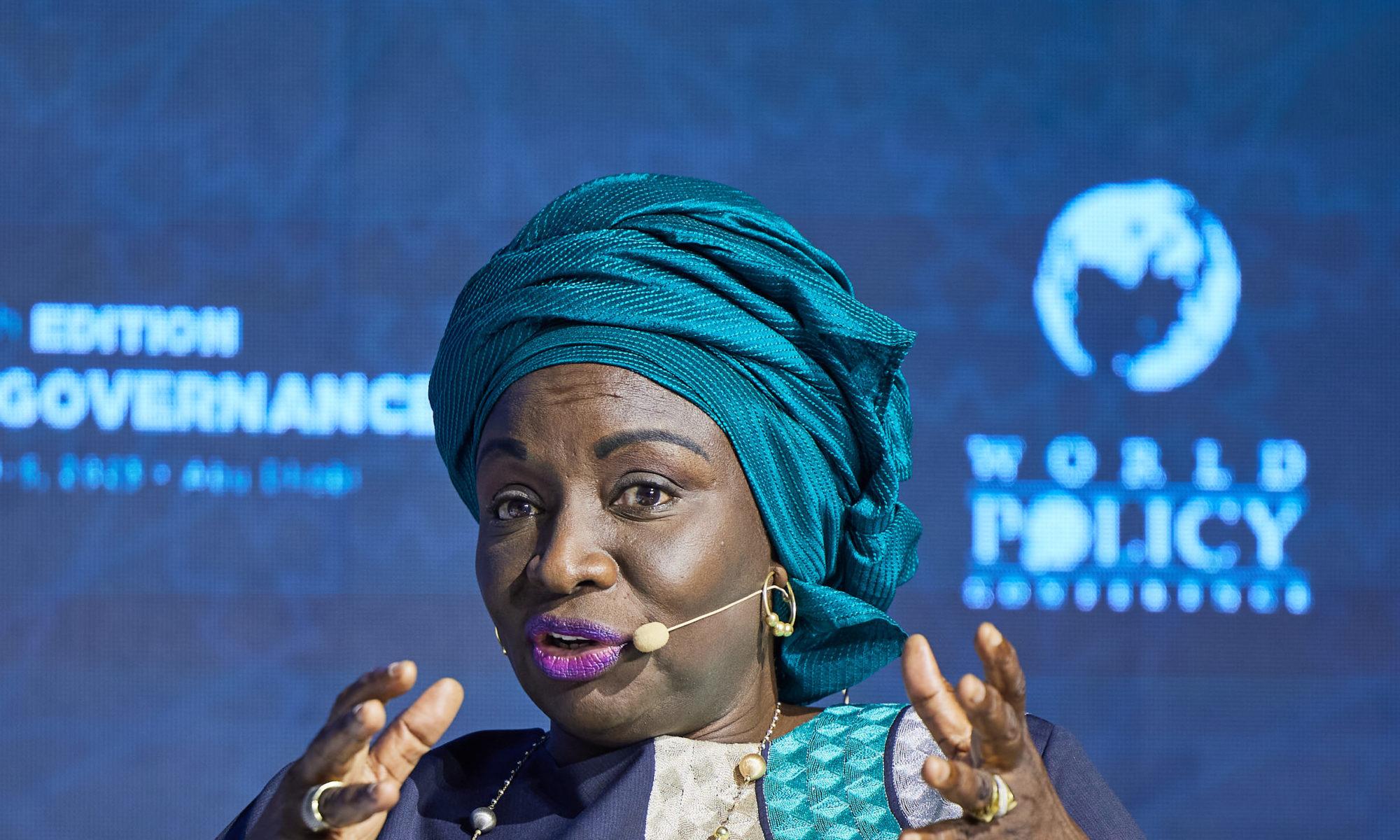
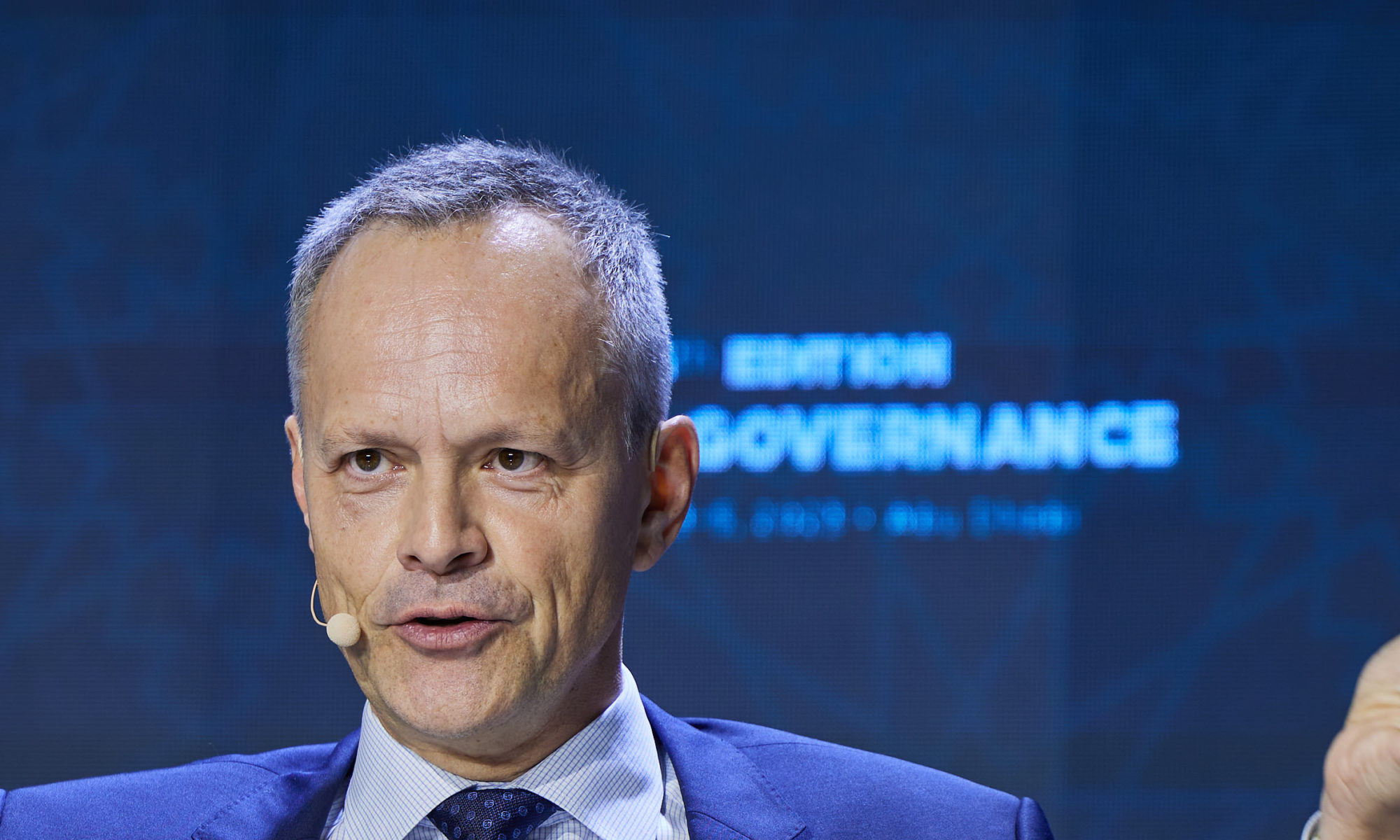
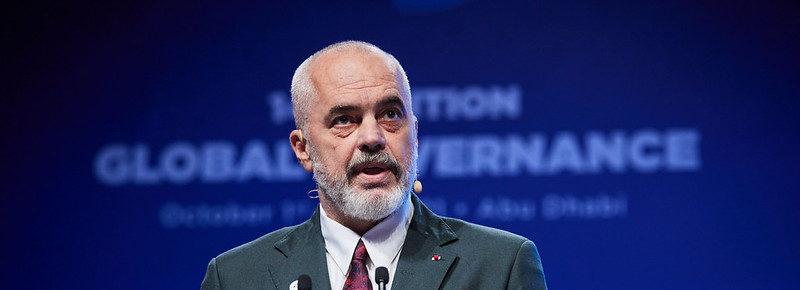
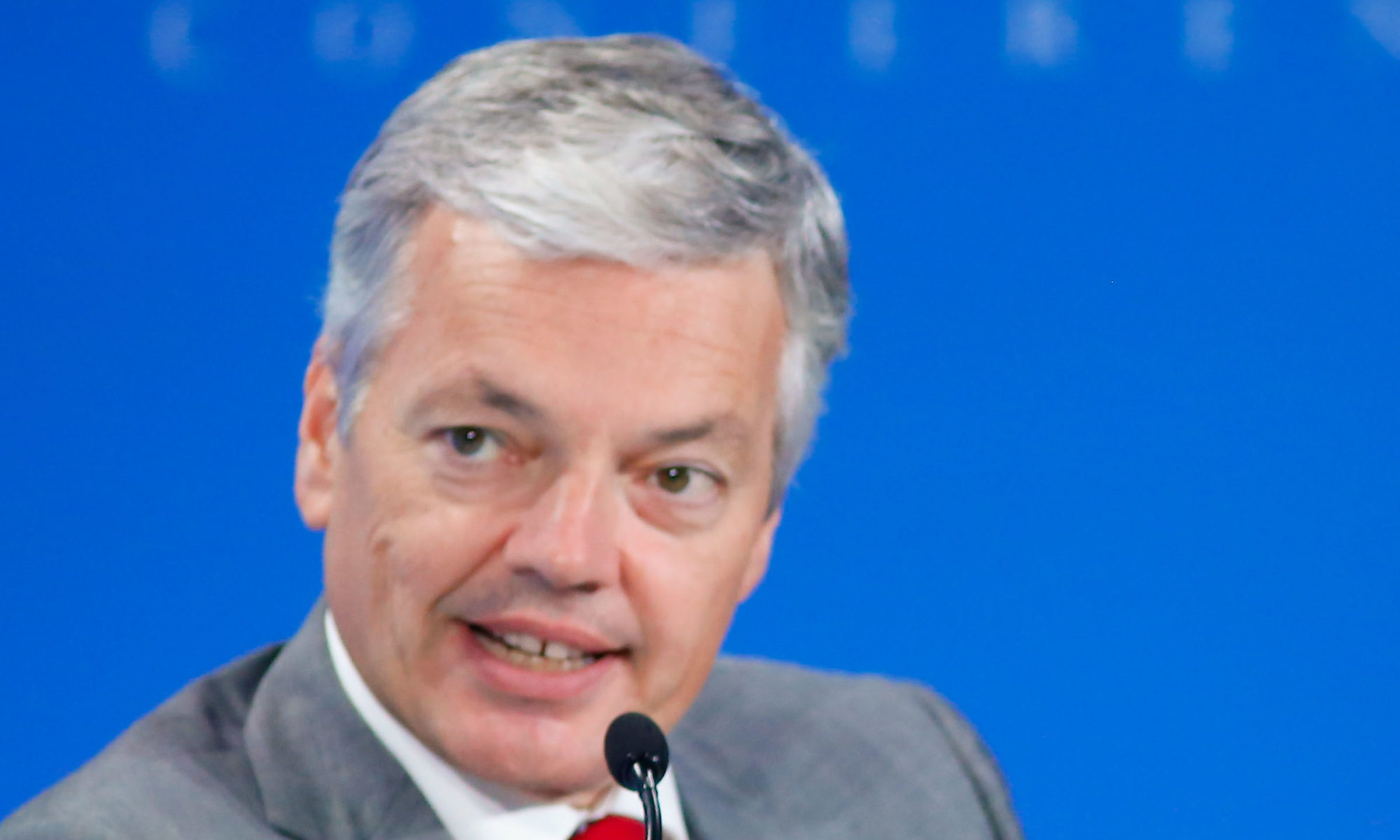
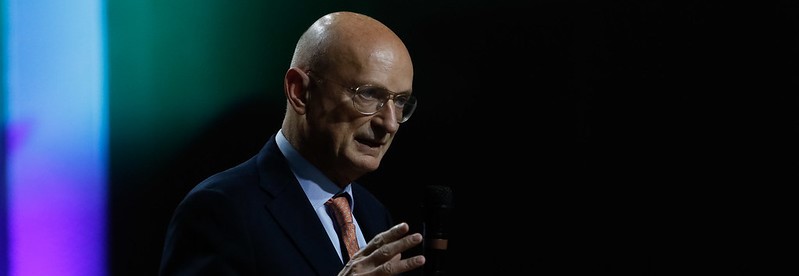
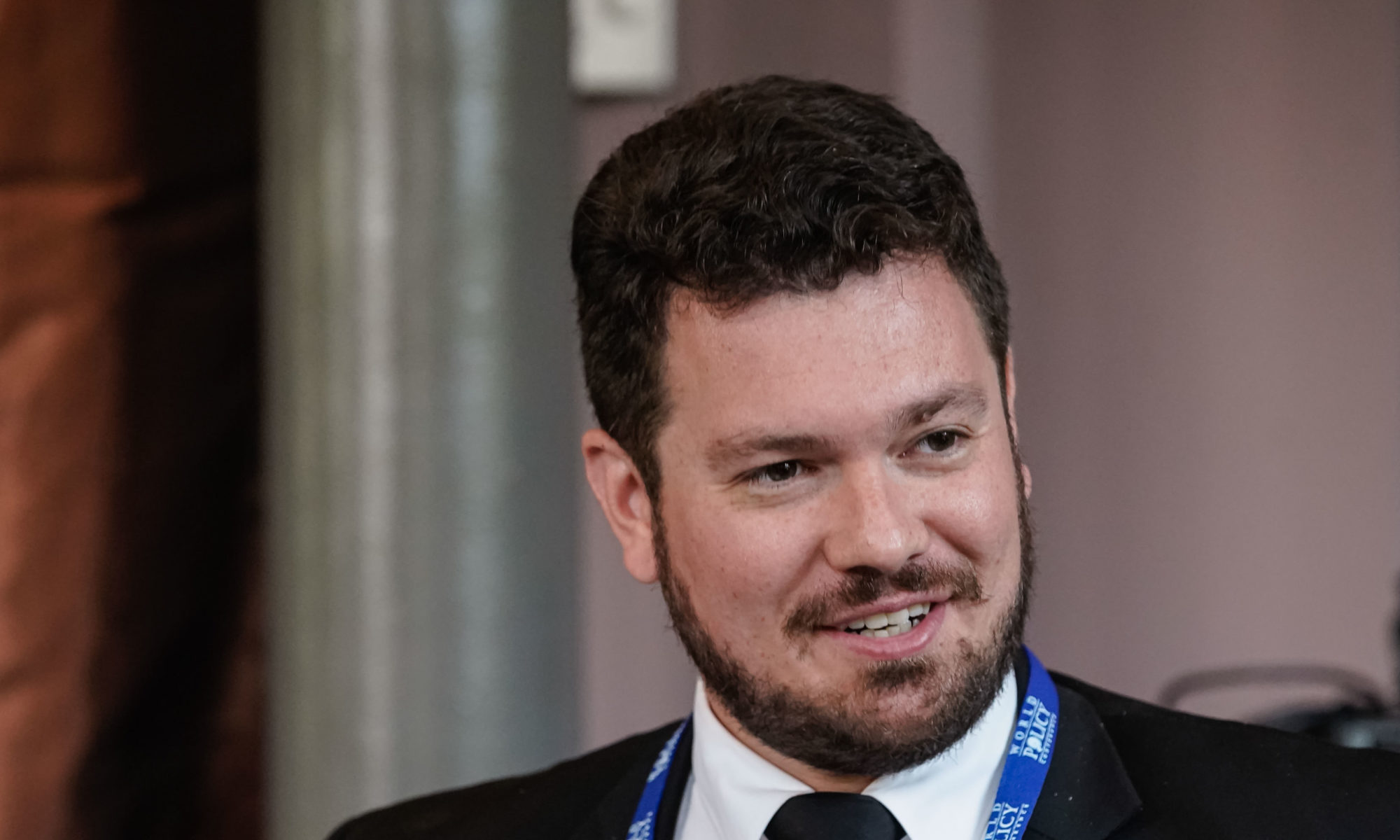
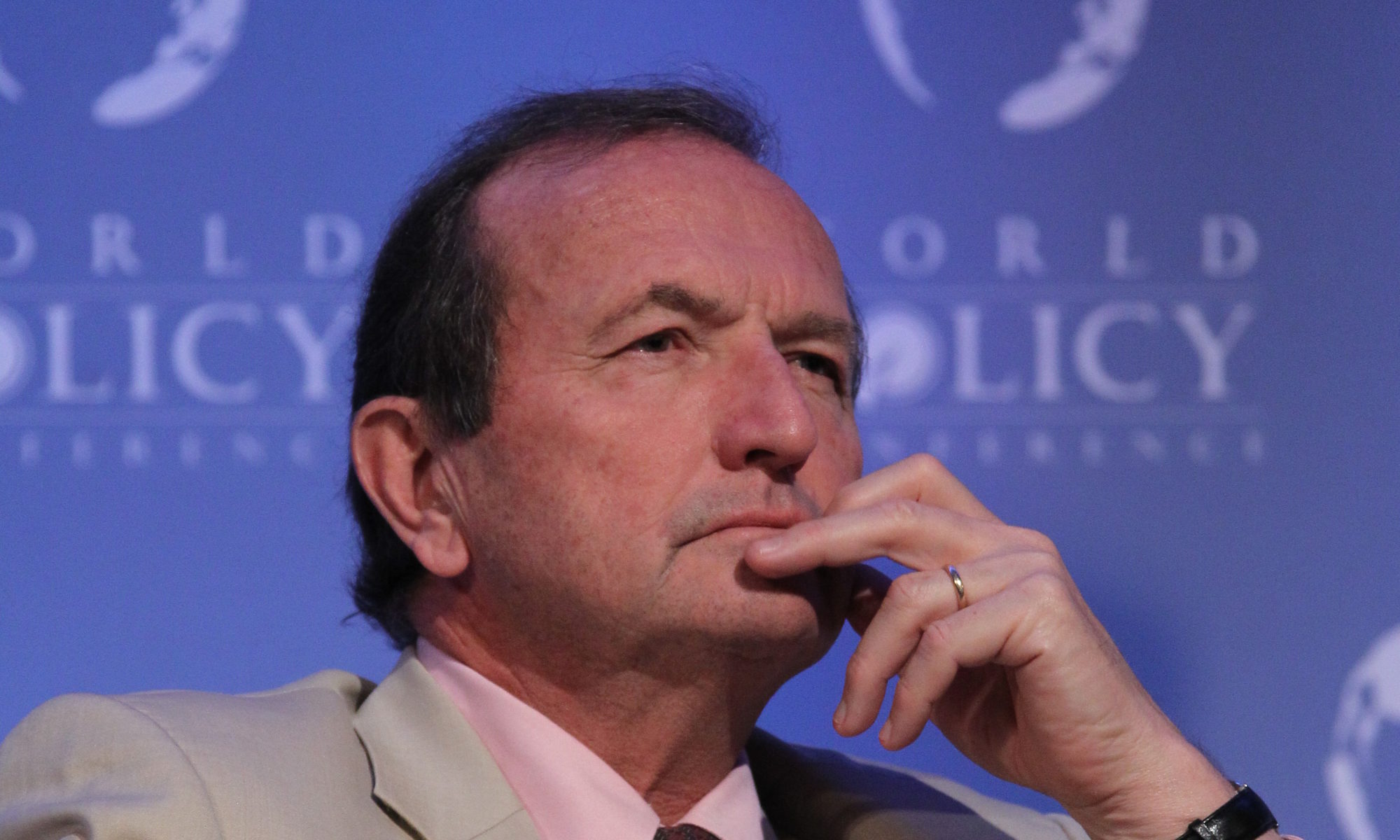
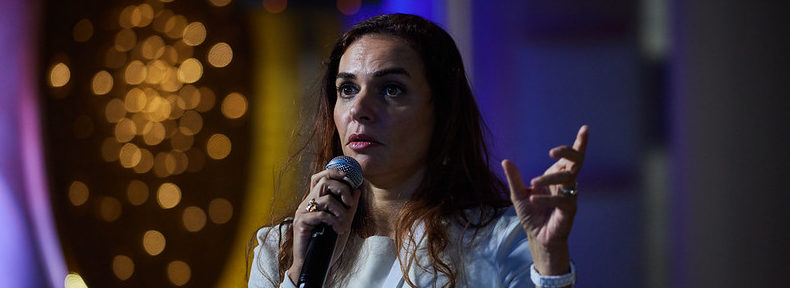
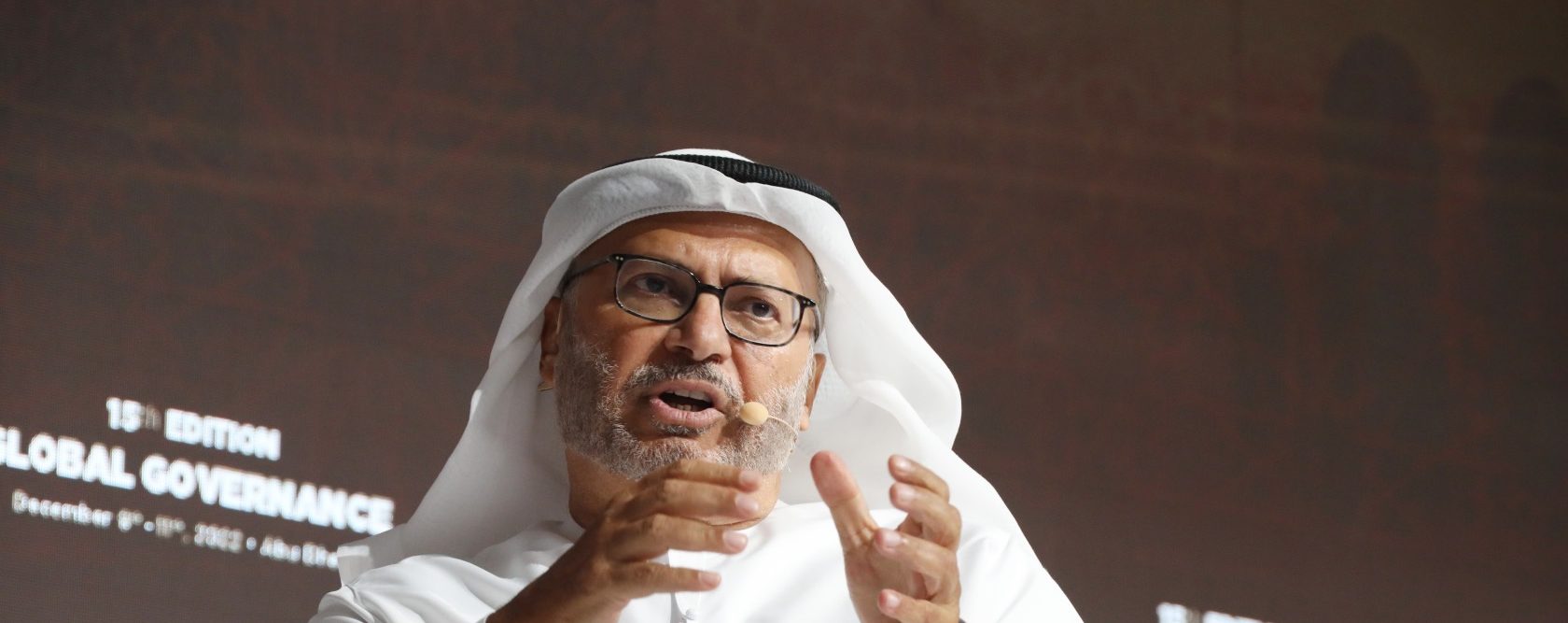

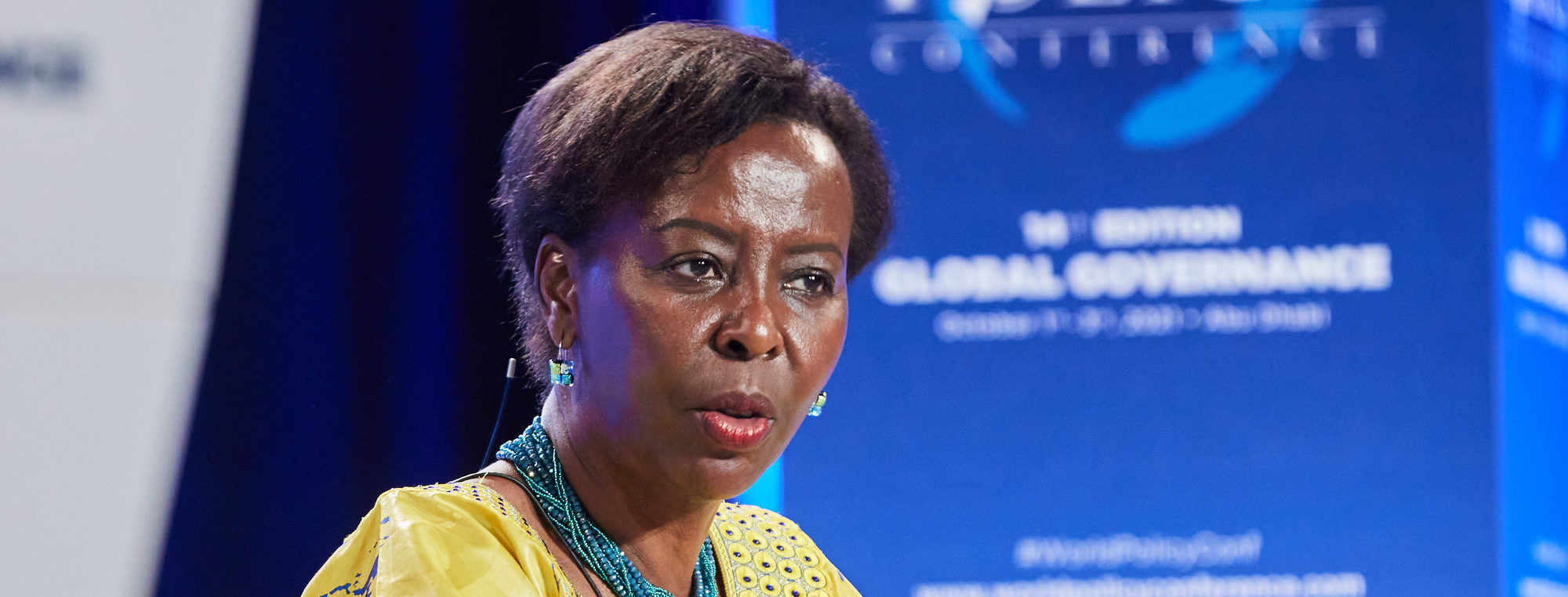
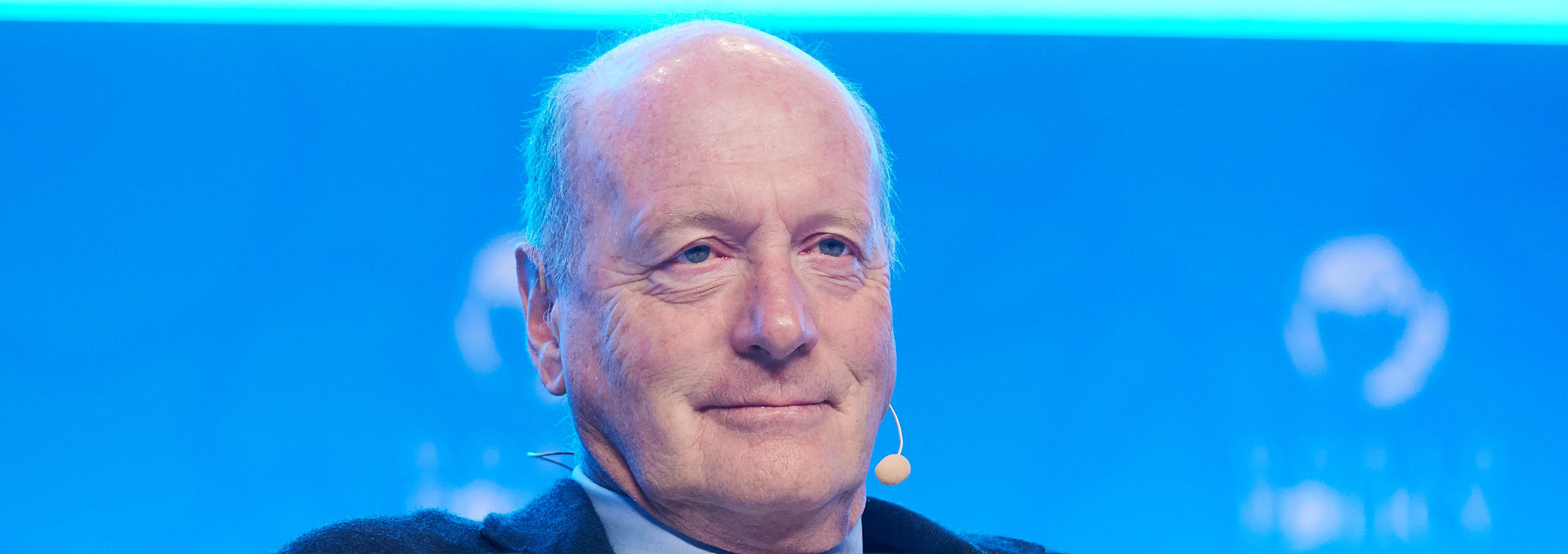

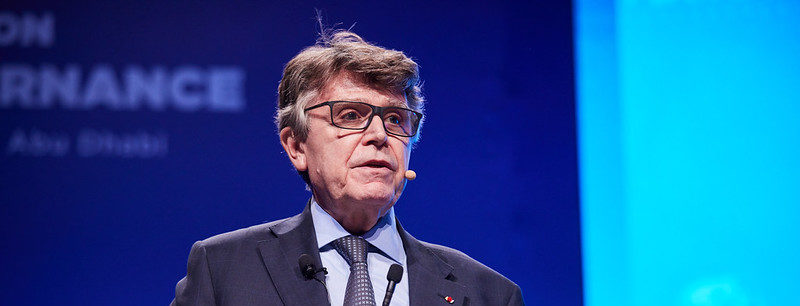
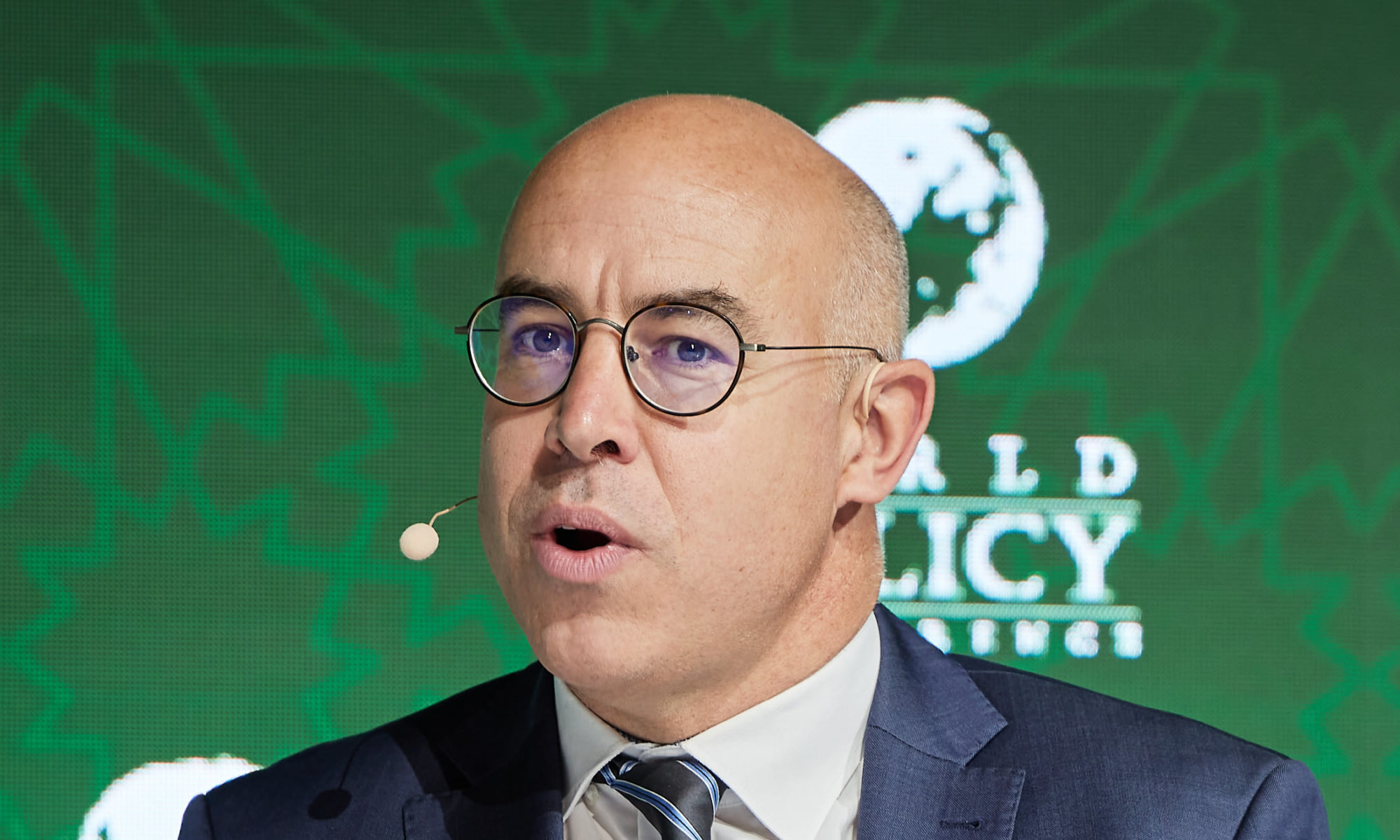

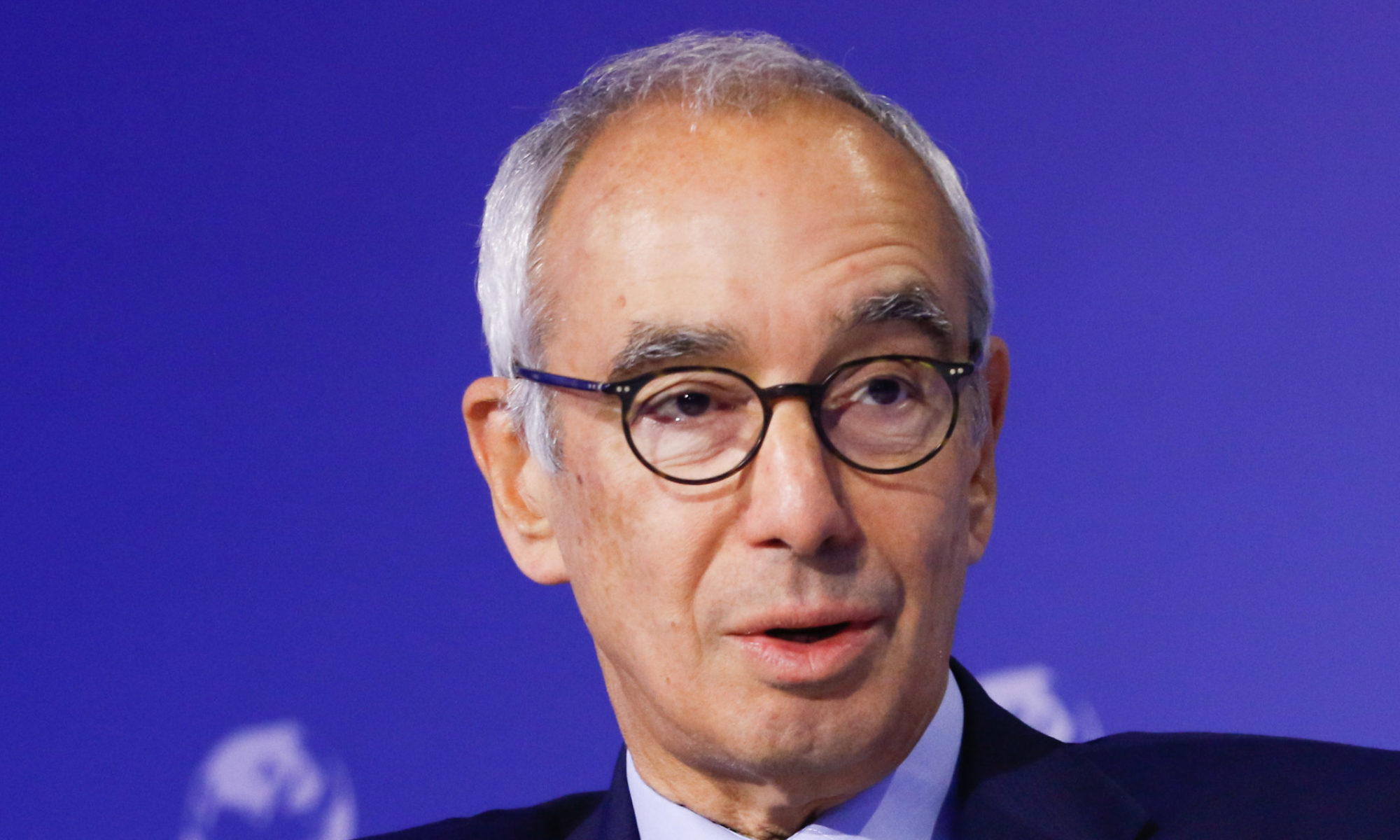


PARIS – The rapid advance of artificial intelligence evokes both wonder and dread. Many regard AI as an object of marvel and awe (a Stupor Mundi, to borrow a Latin phrase), while others believe it can be a benevolent savior (a Salvator Mundi). Regardless of whether AI is seen as miraculous or merely helpful, the question remains: How can we ensure that its benefits are available to everyone?
To answer this question, we need a nuanced understanding of AI. That means rejecting several simplistic narratives: functionalism, which says humans should adapt and augment themselves to keep up with technological progress; sensationalism, which depicts AI as an existential threat; cynicism, which seeks to exploit AI for profit; and fatalism, which implies a resigned acceptance of AI’s inevitable rise.
What these scenarios overlook is that the future is still ours to shape. Adopting the verum-factum principle – knowing through making – is crucial to developing a more profound understanding of AI’s capabilities and implications.
Read the entire article on the website of Project Syndicate
https://www.project-syndicate.org/commentary/humans-have-power-to-shape-ai-augmented-future-by-bertrand-badre-and-charles-gorintin-2024-02?barrier=accesspaylog